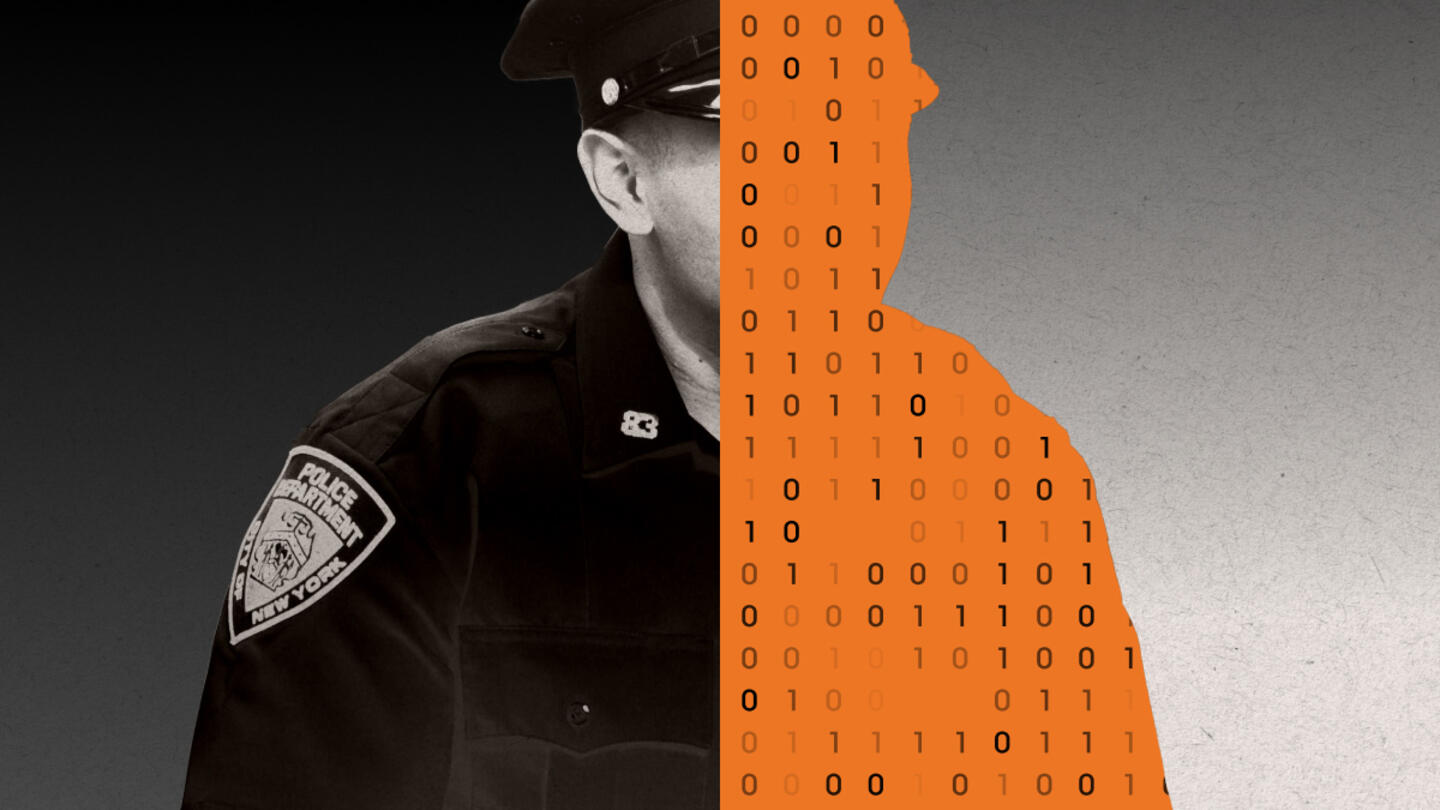When Geraldine Tyler, a 94-year-old Minnesota woman, vacated her home to move to a safer neighborhood, she likely didn’t imagine the government would try to profit from her misfortune.
In 2015, Tyler’s house was seized by Hennepin County over a $15,000 back tax bill. The county sold the home for $40,000, and instead of keeping what they were owed and returning the rest to Tyler, they kept the profit — stealing Tyler’s equity.
The county might have gotten away with taking more than it was owed if it weren’t for Pacific Legal Foundation, a public interest law firm. Around the time Tyler’s house was seized, PLF became aware that local governments around the country were taking advantage of tax forfeiture laws to steal home equity from struggling Americans. PLF put a name to the shady practice — home equity theft — and began representing the government’s victims in court pro bono.
In 2023, PLF took Geraldine Tyler’s case to the Supreme Court, which ruled unanimously in Tyler’s favor.
“The taxpayer must render unto Caesar what is Caesar’s, but no more,” wrote Chief Justice John Roberts in the decision, which affirmed property owners’ rights to their equity.
The Fifth Amendment protects private property rights,” said PLF senior attorney Christina Martin. “That right doesn’t disappear just because you owe the government money. The Fifth Amendment prevents government from using a tax debt to confiscate more than what it’s owed.”
The decision vindicated all Americans’ property rights and PLF’s yearslong efforts to end home equity theft. Geraldine Tyler was one of many homeowners whose equity was stolen by the government and fought back with PLF’s help.
When honest financial mistakes lead to government overreach
Uri Rafaeli made an honest mistake. In 2011, he inadvertently underpaid the property taxes on the property he used for his business. In 2012 and 2013, he paid his taxes in full. In January 2013, when he realized his mistake from 2011, he tried to correct his error but forgot to factor in the interest — which amounted to $8.41.
The county foreclosed on the property, sold it for $24,500, and pocketed the massive windfall at Rafaeli’s expense.
Similarly, Andre Ohanessian owed $6,000 in taxes, penalties, interest, and fees when the county foreclosed on and sold his property for $82,000. As with Rafaeli, the county kept all profits from the sale rather than reimbursing Ohanessian.
PLF represented Rafaeli and Ohanessian in Michigan — where both are residents — and won. The Michigan Supreme Court struck down the practice of home equity theft in the state, vindicating Rafaeli and Ohanessian and setting a precedent that will protect thousands of property owners in the state from bureaucratic theft.
Neil and Mark Mucciaccio experienced a similar victory in Massachusetts. Shortly before their mother passed away in 2006, and with the family’s blessing, the brothers took ownership of their childhood home, which had been in the family for 50 years.
The Mucciaccio brothers share their home with Mark’s wife, a stepdaughter with a disability, and two grandchildren. However, a series of financial and medical challenges made staying current on property taxes increasingly difficult. Despite these hardships, the family, known for their integrity, made consistent good-faith efforts to pay their taxes, even managing to cover them with interest in some cases.
The Town of Easton initiated a “tax taking,” meaning the debt went on the books and began accruing 16% annual interest, subsequent tax bills, and costs. Then, it sold the tax lien to Tallage Lincoln, LLC for $4,355 — the amount the Mucciaccios owed the town. Tallage is a private investment company specializing in buying property tax debts and either collecting payments from homeowners at generous interest rates or — if owners cannot pay — taking ownership of their property and selling it for massive profits.
Sign up for the Stand Together newsletter and get stories, ideas, and advice from changemakers to help you tackle America’s biggest problems.
In 2019, the Massachusetts Land Court foreclosed on the lien and gave absolute title to Tallage. Because the property was valued at $276,500 and the Mucciaccios’ debt had grown to roughly $30,000 in taxes, interest, and costs, the Land Court effectively handed the company the home and more than $245,000 in equity.
Represented by PLF, the Mucciaccios fought back with a lawsuit challenging the state’s home equity theft system, which preys on its most vulnerable members. With that lawsuit pending, Tallage Lincoln reached an agreement with the Mucciaccios that allowed the family to pay their debt and reclaim title to the home. The family voluntarily dismissed the lawsuit in March 2021.
Continuing the fight
Even after the Supreme Court ruled home equity theft unconstitutional, some states are still stealing equity from homeowners.
PLF is currently representing several clients — including a single mother and an elderly woman — who are fighting for their right to just compensation. PLF is also working with state legislators to ban home equity theft.
“When Geraldine Tyler’s case was decided, 22 states, plus the District of Columbia, had home equity theft bans on the books. Since then, four more states — Idaho, Nebraska, Maine, and South Dakota — have banned home equity theft,” explained Jim Manley, state legal policy deputy director at PLF. “Many other states have home equity protection bills pending.”
“Pacific Legal Foundation is defending the Constitution not only at the U.S. Supreme Court but in state courts and legislatures across the country,” said Casey Mattox, vice president of legal strategy for Stand Together. “Government undermines the rule of law when it takes advantage of hardworking Americans by stealing their homes and property. But PLF isn’t fooled, and it’s strategically advocating for the constitutional rights of every American.”
Pacific Legal Foundation is supported by Stand Together Trust, which provides funding and strategic capabilities to innovators, scholars, and social entrepreneurs to develop new and better ways to tackle America’s biggest problems.
Learn more about the Stand Together community’s constitutionally limited government[MP1] efforts, and explore ways you can partner with us.

A landmark Supreme Court decision is bringing a return to federalism.

How the Supreme Court decision affects Congress’ job.

What we think we know about other Americans’ views — and what we get very wrong.

How to maximize new innovations to keep communities safe.
